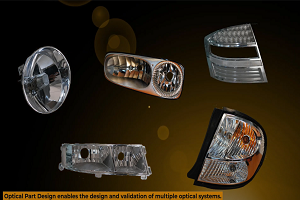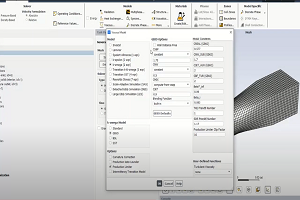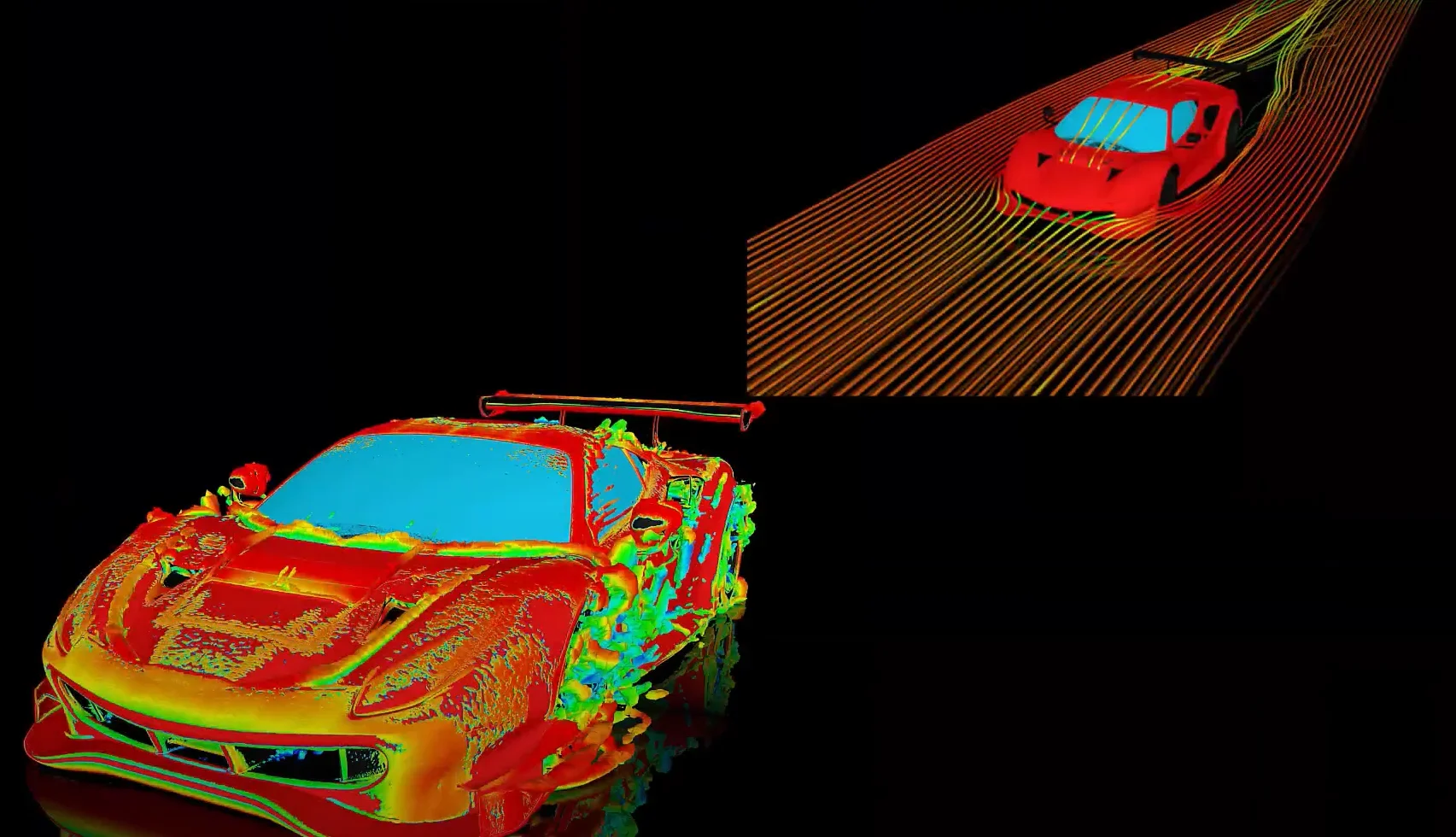What does the input “Discrete Phase Domain” in the drop down list in the “Set Injection Properties” window (as in the Fluent User’s Guide under point “Including the Dense Discrete Phase Model”) mean? Why is this input necessary even if one has one Euler Phase and one Discrete Phase?
-
-
June 5, 2023 at 7:05 am
 FAQParticipant
FAQParticipantThe main motivation behind using the hybrid approach Dense Discrete Particle Model is taking into account the fluid displacement which becomes important whenever the volume loading of the disperse phase is bigger than 10%. In order to take into account for this volumetric blockage of the secondary phase the “Discrete Phase Domain” has to be set to the corresponding phase otherwise the primary phase would be only affected by drag forces (and other non-drag forces if selected) and the volume fraction of the secondary phase remains zero as no displacement is taken into account. The input is required even if only one secondary phase is present to make the check of whether it is worthy to run Dense Discrete Phase Model or to stick to classic Discrete Phase Model more customer convenient by just examining the value of the volume fraction of the secondary phase. At last but not least and to get the whole benefits from of Dense Discrete Phase Model it is mandatory to assign under Discrete Phase Domain the related secondary phase and the (volumetric) link to the primary phase will be then established.
-


Introducing Ansys Electronics Desktop on Ansys Cloud
The Watch & Learn video article provides an overview of cloud computing from Electronics Desktop and details the product licenses and subscriptions to ANSYS Cloud Service that are...

How to Create a Reflector for a Center High-Mounted Stop Lamp (CHMSL)
This video article demonstrates how to create a reflector for a center high-mounted stop lamp. Optical Part design in Ansys SPEOS enables the design and validation of multiple...

Introducing the GEKO Turbulence Model in Ansys Fluent
The GEKO (GEneralized K-Omega) turbulence model offers a flexible, robust, general-purpose approach to RANS turbulence modeling. Introducing 2 videos: Part 1 provides background information on the model and a...

Postprocessing on Ansys EnSight
This video demonstrates exporting data from Fluent in EnSight Case Gold format, and it reviews the basic postprocessing capabilities of EnSight.

- Solver message during DPM calculation: “number of stepsize underflows during particle integration step is x”. What does it mean and how to get rid of it?
- ANSYS Fluent – Eulerian & Mixture Multiphase Models & Applications – Tips and Tricks
- What is the difference between the VOF model and the Eulerian model?
- ANSYS Fluent: Efficient Modeling of Spray Breakup using VOF-to-DPM Transition
- Mixing Tank Modeling in ANSYS Fluent
- What is the superficial velocity in multiphase flows?
- What is the meaning of VOF courant number and Global courant number in ANSYS Fluent Multiphase Model and how are they related?
- How do I use porous media in a multiphase flow?
- ANSYS Fluent: Describing Cavitation in a Centrifugal Pump
- Hydrodynamics and Wave Impact Analysis

© 2025 Copyright ANSYS, Inc. All rights reserved.

